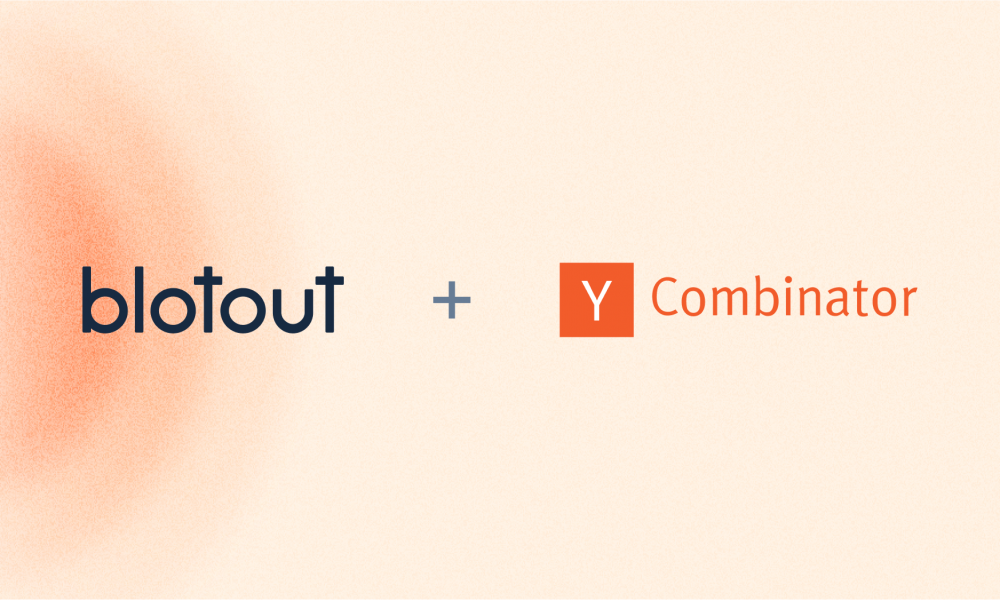Exciting funding news: we’re a YC company
We’re thrilled to announce that we have taken an investment from Y Combinator and are participants in the YC Winter 2021 batch. This is yet another point of validation for our vision that the way companies collect and manage customer data is being transformed in the privacy era.
Our story
We’re moving toward a more private world, but it’s turning attribution and analytics on its head.
Privacy regulations are rapidly coming into effect—Gartner predicts that 65% of the world’s population will be protected by privacy laws by 2023. Ad blockers and privacy browsers are now believed to be in use by half the world’s population.
But nothing compares to the impact of the platforms—Apple and Google—on tracking and customer data collection. With a series of changes to what is permitted on their browsers and systems, they have re-written the rules of what is considered acceptable and unacceptable.
Third-party cookies have been phased out, third-party attribution windows shortened, and even basic third-party data collection is being flagged as tracking.
Blotout is an outcome of these lessons: third-party data collection—data collected outside of sites and apps you trust—is being limited while site and app owners are increasingly responsible for the data they collect. And with compliance laws redefining consent so that there is no longer a difference between selling or sharing data, the third-party model is becoming less and less viable.
Blotout was built to enable a generation of site and app data clean rooms where consent and data collection go hand-in-hand and where site and app owners can take proper care of their users’ data.
The future of customer data management is first-party.
Our solution
Blotout is a first-party, privacy-first data lake that enables applications like product analytics, marketing attribution, ROI computation, data governance, and BI, while also enabling consent-based sharing with other parties like Facebook or Hubspot. By virtue of being first-party, enterprises can see 100% of their users, giving them complete visibility for customer journeys and campaign attribution metrics.
All of this is low-code/no-code and is run as a CI/CD managed service for a fraction of the cost of an engineer. As every platform and every jurisdiction levies its own rules, the cost of data management is rising. Blotout takes care of those changes for you, regardless of platform or jurisdiction.
Additionally, Blotout is solving a key issue for the advertising ecosystem by developing server-side data management with a “clean house” that enables data management and data sharing with consent and compliance built in. Blotout supports all of the key customer data requirements established by Apple for iOS developers. This is necessary because every advertiser has incorrect reporting with Google and Facebook because of the extent of blocked data. The only path forward will be via server-side management that requires server infrastructure that is managed by every advertiser and publisher.
What’s ahead
Blotout is building a de facto standard for how first-party data management and customer data platforms should move their data management from the client (scripts or SDKs) to the server (in-house) so they are not impacted by changing laws.
As an example, when the CPRA (the update to the CCPA) goes live in 2022, enterprises will need to provide the option of not sharing users data—going well beyond requesting consent for sold data. Properly managing “do not share” consent will need to happen in-house, and will affect any data that is collected before it is shared.
Another example is Apple’s App transparency requirement for a “delayed event”. Apple has given strict guidance to not share event data with a third-party without a delay, so these events are far better managed on a first-party server than managing the event at the client.
With every platform anticipated to make more changes, business logic will need to move to first-party, since third-party servers will have further restrictions and further consent requirements.
Blotout is enabling a zero-code data management platform with in-house measurement tools as third-party effectiveness continues to erode.
